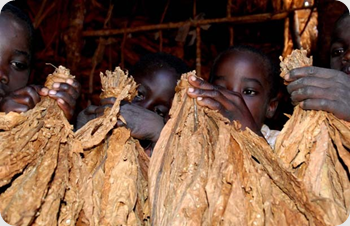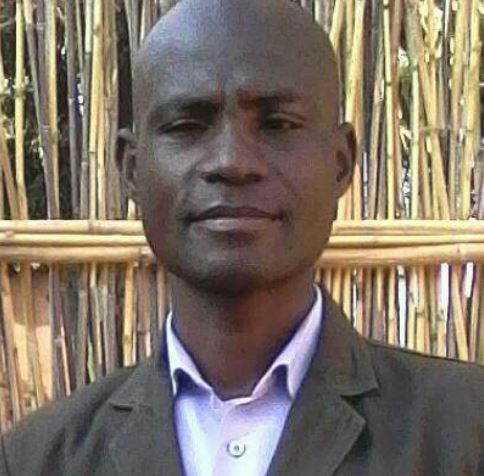Last year K17.4 billion (about $52.7 million) was invested in Farm Input Subsidy Programme (Fisp) which targeted 1.4 million beneficiaries. This year, the JB administration allocated K40 billion (about $121.2 million) to the programme and added 100 000 more beneficiaries.
Are we getting value for money? This is the question government has glossed over, apparently because of Fisp’s political value. Fertiliser subsidy, arguably more than anything else, helped Bingu wa Mutharika sweep votes across the country in the 2009 presidential elections.
Obviously, JB increased the number of beneficiaries, while keeping the value of the subsidised bag of fertiliser at the same K500—despite that the commercial price of fertiliser has gone up significantly— with 2014 elections in mind. Who wants to be seen as less caring?
My assumption is that despite the economy rolling down the cliff and, following a year when government still had to subsidise consumption after investing a 10th of the national budget in Fisp alone, the JB administration would again pour in a lot of money—probably more than the K40 billion spent this year—on the subsidy programme.
In Malawi politics it appears no price is too much for the precious rural vote.
But the only interesting “apolitical” argument for the programme, so far, is the one former Finance minister Goodall Gondwe made at an economic conference in Lilongwe. He argued that Fisp was key to the economic growth registered during the Mutharika administration.
Gondwe also argued that Fisp is a major channel for wealth distribution with an impact on the majority of rural poor in Malawi.
What he did not say is that while the amount invested in Fisp is skyrocketing by the year, the yield, as measured by the volume of surplus maize a year, keeps declining (if official figures are anything to go by) and the number of recipients is constant.
These are recipients who have benefited from Fisp since its introduction seven years ago but they still remain poor and vulnerable. Let there be drought and they are the first ones to survive on relief.
I have seen no evidence so far that the programme has made any of its beneficiaries less needy today than they were in 2006. If anything, it has just eroded the human resilience in them, thereby increasing their dependence on government handouts for their survival so much that maize and other cereals have now become public goods.
Now, if government must continue using food security at the national level—as opposed to the household level—as proof of the effectiveness of Fisp, then why not target the more productive sector of the population with the means to maximise production?
I would like to believe that by simply working out a system through which those in productive employment can access fertilizer and other farm inputs on loan to be deducted gradually at source, we still can achieve food security at the national level while freeing the billions of tax-payers money that goes into Fisp for other programmes such as irrigation.
What is also deliberately played down by government is the HIV-effect of fertiliser on the soil in the garden of the poorest of the poor. Majority of such beneficiaries have very small pieces of land which they use every year for growing maize.
Applying fertiliser every year may initially increase the yields but over time principle of diminishing returns come into play and the harvest will continue to decline. Yet, the fertiliser itself may cause so much damage to soil fertility that nothing tangible would come from the weakened soil without first satiating its hangover for fertiliser.
What this means is that should government wake up and stop the obviously unsustainable Fisp programme when fertiliser has rendered soil completely useless, then it would be death en masse come rain or drought.
Unfortunately, it takes transformational leadership to sacrifice cheap popularity now for the same of the larger good of tomorrow. By the way, shouldn’t Fisp attract a lot of research, considering the amount of money that goes into it? Or are academics on our land still fighting for their academic freedom?





No comments! Be the first commenter?